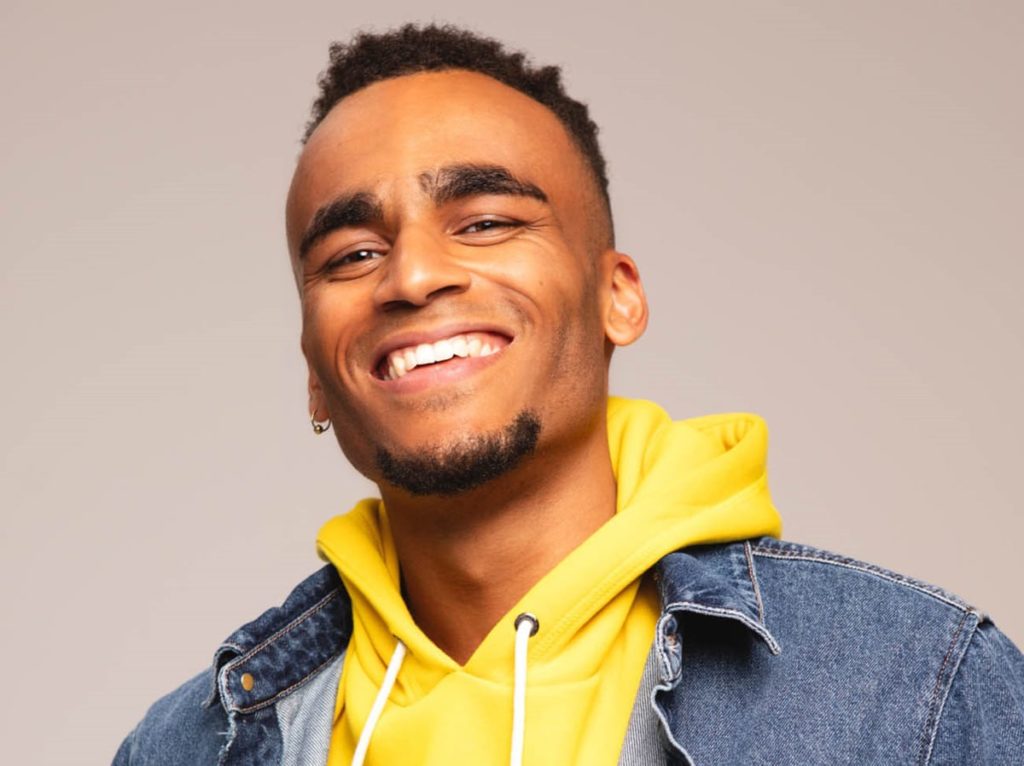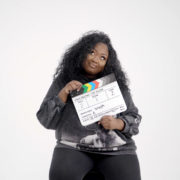Comedy by Public Demand: British Comedy is Undergoing a Revolution by Sammy Gecsoyler [@SamGecsoyler]
![Comedy by Public Demand: British Comedy is Undergoing a Revolution by Sammy Gecsoyler [@SamGecsoyler]](https://guap.co.uk/wp-content/uploads/2021/03/article-cover-180x180.jpg)
British Comedy is undergoing a revolution thanks to the rise of social media comedy propelling a new generation of talent into the spotlight.
Contribution by Sammy Gecsoyler.
In years past, British comedy has been dominated by a familiar conveyor belt of white, middle-class faces. This is no coincidence. The agents and TV producers who catapult these comics into the limelight are largely of the same ilk. Hopeful comics have had to cater to these industry stalwarts’ perception of funny in order to forge a career. This has given white, middle-class comics an unassailable advantage, leaving ethnic minority and working-class comedians fighting over sparse, tokenistic scraps. This is made all the more insulting when you consider the fact that comics such as Matt Lucas and David Walliams, both privately educated white men, became superstars while making deeply racist and classist jokes, including playing characters in black and brownface. There was always space for comedy centered around ethnic minorities and the working-class – as long as they were the butt of the joke.
The industry has long relied on the Edinburgh Fringe Festival for finding new talent. The world’s largest arts festival, Edinburgh Fringe has been a springboard for many household names including Jack Whitehall, Sarah Pascoe, and Phoebe Waller-Bridge. While some amazing comedy talent has been found here, it is not a place that is accessible for many or representative of the British public at large. Performers are largely responsible for their own costs. These include hiring a venue, marketing their show, as well as travel and accommodation costs. These figures can easily creep into the tens of thousands. The only way to recoup this expenditure is by selling tickets, but even then many performers fail to make a profit. Edinburgh Fringe themselves warn on their website that ‘’it is likely that your expenses will be greater than your revenue’’.
For many, this is financially out of reach, but even if you do manage to make it work, the battle is far from over. Prominent arts reviewers arrive at the festival with an insatiable bloodlust. Careers can come to a devastating halt if performers receive bad reviews. The stakes are even higher for those who don’t reflect Edinburgh Fringe’s white, middle-class audience. Spending thousands of pounds to find a muted reception is a real risk to ethnic minority comics at Edinburgh Fringe. The high stakes and fiscal inaccessibility of performing at Edinburgh Fringe make it a hard risk to justify. For many years, this led to British comedy being largely a preserve of the white, middle-class who could afford to take this risk. Fortunately, other routes to comedy success have opened up.

The rise of social media comedy is propelling a new generation of talent into the spotlight. These comedians are more diverse than their industry contemporaries. They reflect the ethnic and class diversity of our nation far more accurately than the Edinburgh Fringe set does. They often make their content with little to no budget, gaining prominence through their sheer talent. Their rise is particularly exciting because they aren’t reliant on industry insiders for their success, they owe their careers to the most important group of all – the general public. Mo Gilligan is the poster child for this new comedy generation. While he had been performing stand-up for years prior, Gilligan’s breakthrough came after his comedy skits on social media gained prominence. After this, he scored a co-hosting gig on The Big Narstie Show, won a BAFTA for hosting the eponymous The Lateish Show with Mo Gilligan, and currently appears as a judge on the primetime hit The Masked Singer.
Gilligan is joined by a crop of talent who are ascending to the top of British comedy through public demand. Munya Chawawa has become one of comedy’s hottest stars almost exclusively off the back of his social media output, bypassing stand-up entirely. Judi Love built up a loyal fanbase on Facebook posting viral video logs while performing on the comedy circuit before her breakthrough last year. She became a panelist on Loose Women and placed third on Celebrity MasterChef. There are many more names on the cusp of superstardom through their massive social media followings: Kae Kurd, Elsa Majimbo, and Nigel Ng, to name a few. This seismic shift means we have comedians from Camberwell and Hackney on their way to becoming the next Michael McIntyre’s and Miranda Hart’s. The best thing of all? These comics gained prominence without relying on industry gatekeepers.

The British comedy establishment has neglected certain audiences for far too long. Some of our brightest comedy stars, like Gina Yashere and London Hughes, have moved stateside because their talents were ignored here in the UK. While it is a positive thing that this crop of social media comedians is gaining platforms on broadcast television, the industry needs to do more to facilitate a more inclusive and accessible environment for new talent to develop. There is still a startling dichotomy where white, middle-class comedians can appear on comedy panel shows with little to no public profile while working-class and, in particular, ethnic minority comics are only taken notice of when their following is too large to ignore.
For too long, British comedy has been overstuffed with white, middle-class acts whose appeal is limited and persona’s pretty much the same. The immense popularity of these homegrown, people-powered comics is challenging the orthodoxies that have held British comedy back. TV producers being wary of putting a black comic on a panel show because they won’t appeal to ‘middle England’. Agents failing to put forward their minority ethnic comics because they’d get less commission. These excuses and practices are no longer valid. This new crop of comedians has shattered industry preconceptions. Black comedians are no longer hidden away long after the watershed, they are making waves on primetime television. Muslim comics can finally be multi-dimensional people, not the submissive or rebellious stereotypes they were boxed into. Not only has social media given rise to a set of exciting and representative comedians, but the success of these comics has finally disproved myths that have held British comedy back for years. Long may it continue.
Contribution by Sammy Gecsoyler.
Check out the GUAP Arts & Culture section, to discover new art, film, and creative individuals.

